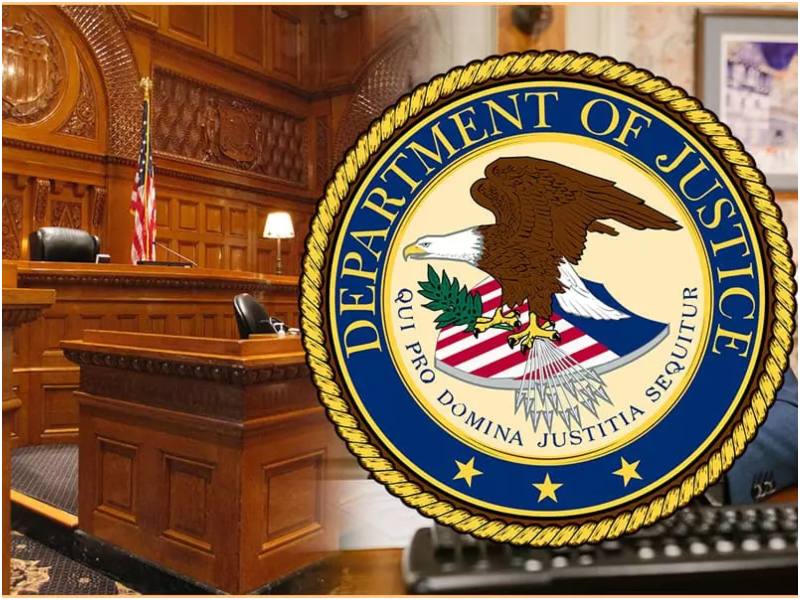Justice Department Probes Foreign Influence in U.S. Patent Litigation
The U.S. Department of Justice (DOJ) is investigating whether foreign entities are financing U.S. patent lawsuits to gain access to trade secrets from American companies, according to a report released by the U.S. Government Accountability Office (GAO) on Thursday. This report on third-party litigation funding raises concerns about potential threats to U.S. industries and national security.
Foreign-Backed Litigation Raises Red Flags
The GAO report revealed that DOJ officials are scrutinizing whether foreign entities are leveraging third-party funding in U.S. patent cases to access proprietary information. Although the Justice Department has not confirmed active investigations, the inquiry reflects growing unease about the potential misuse of litigation funding by foreign adversaries, including countries like China, Saudi Arabia, and France.
Patent litigation funding has expanded rapidly, with U.S. funders managing $15.2 billion in assets as of 2023. Third-party funding now constitutes a significant portion of all patent litigation, enabling smaller patent owners to pursue cases against larger corporations. Critics, however, warn that this practice could be weaponized to siphon sensitive information for foreign industrial advantage.
Push for Greater Transparency Sparks Debate
Supporters of mandatory disclosure rules argue that transparency is critical to safeguard against national security risks. U.S. District Judge Colm Connolly in Delaware has implemented disclosure requirements in patent cases, but most courts lack similar mandates.
“Third-party litigation funding has serious national security implications, and the report underscores the need for mandatory disclosure,” said Matt Webb, senior vice president at the U.S. Chamber of Commerce’s Institute for Legal Reform.
However, opponents of mandatory disclosure claim that revealing funding sources may unfairly bias juries and detract from the legal merits of patent cases. Shannon Campagna, acting executive director of the International Legal Finance Association, emphasized that disclosures could harm the integrity of the patent system, calling them “at best irrelevant and at worst detrimental.”
Congress Weighs Legislative Action
Lawmakers are exploring legislative measures to address the risks associated with foreign-backed litigation. Representative Darrell Issa introduced a bill in October requiring litigants to disclose their funding sources. Senator Thom Tillis has also expressed concerns about the influence of foreign-backed funders in U.S. patent cases.
While proponents of transparency argue that mandatory disclosure is vital to curb foreign interference, the GAO report noted that existing safeguards, such as protective orders, limit the exposure of confidential data. Litigation funders with foreign backing have also asserted that their internal safeguards prevent the misuse of proprietary information.
As Congress and the DOJ continue to assess the implications of third-party litigation funding, the debate highlights the delicate balance between ensuring fair legal processes and protecting U.S. national security interests.

